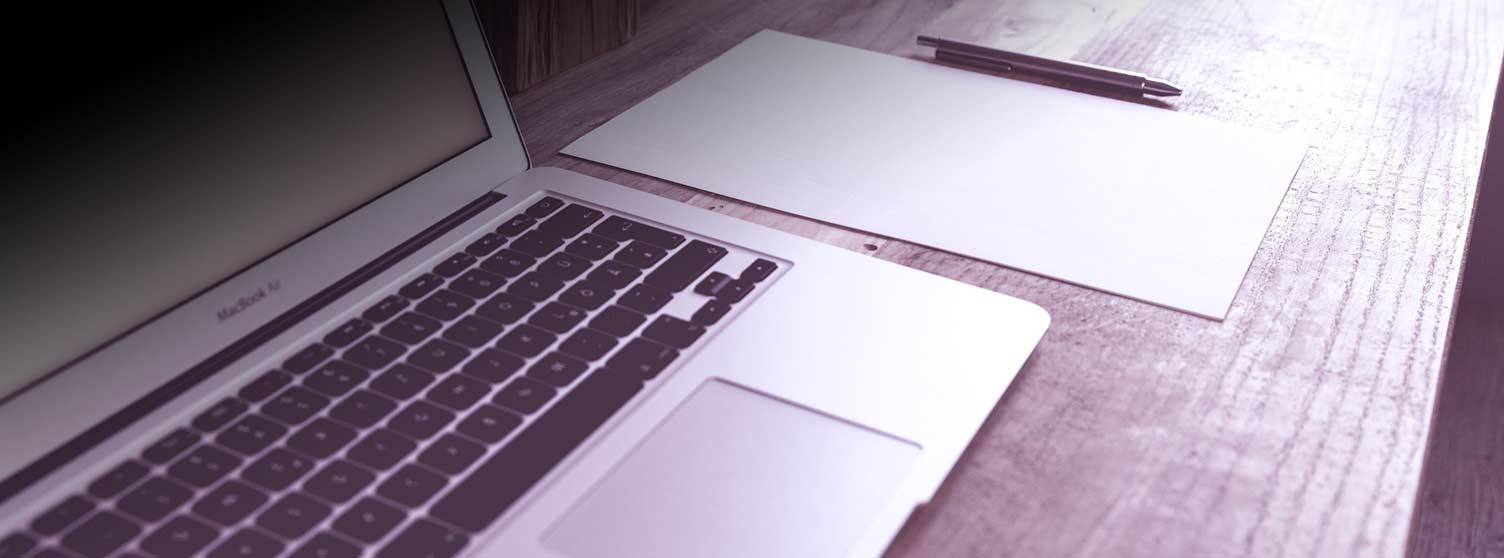It’s not too hard to imagine. You’re driving along on another beautiful sunny Bellingham day, and bam! Someone runs into you, or – we know it can happen – you run into someone else. Immediately the adrenaline and emotions run high, and it can be hard to know what to do next.
So what do you do if you are in an accident? Whether you are driving close to home in Bellingham, Whatcom County or beyond, these are the steps to follow.
First and foremost: stay there. The crucial first steps to take after an accident all must be done at the scene. If someone is injured, they will need medical help immediately, so call 911 even if someone else might have already done so.
For a minor fender bender, where no one seems like they could have been hurt, you still must stop and check on the other person involved. It’s a good idea to be cordial and polite, no matter if the fault seems clear. Again, emotions can be running high, and everyone is likely feeling at least a little traumatized from what just happened. But do not admit any fault in the accident, even if you feel you were the cause, or if others are pressuring you to do so. It’s simply not the time to be discussing this matter.
Next, even if there is no immediate medical emergency, call 911 or your local non emergency number while still at the scene. It’s important to report the collision to law enforcement, and let dispatch decide what to do with that information. During times of inclement weather, when there is an uptick in accidents and their severity, it may be unlikely that there is an available police officer to check on a minor accident. If no officer is there to file the report for you, each driver involved is responsible for sending in a report within four days of the accident, according to the Washington State Department of Licensing. Follow that link for helpful information on obtaining reports, as well. You can reach Collision Records by calling (360) 570-2355 or by email, collisionrecords@wsp.wa.gov.
While still at the scene, exchange insurance information, and make sure to obtain some key facts from drivers and passengers, plus that for any witnesses. Names, addresses, phone numbers, will all come in very handy in case you decide to file a claim, or if one is filed against you. Gathering all the information you can so that you can pass along these facts to an attorney should you choose to find one is one of the best things to do after an accident occurs. If you do have injuries such as bruising that takes some time to develop, take pictures as they begin to show.
Soon after the accident, call your insurance company and let them know what happened. Be forthcoming, and don’t hide information or lie. Also, it may be tempting to not call your insurer, if you are worried that they might drop you, or raise your rates. Or perhaps you and the other driver involved in the accident might want to agree to “work things out” privately, and bypass involvement of police or insurance companies on either end. This, too, is not a good idea. Sometimes injuries don’t show their symptoms until more time has passed, and if you haven’t gotten your accident on record, medical and financial recovery can become more complicated. It would mean critical steps in the process were missed, and you could be in trouble with the insurer for not originally reporting the accident. Since you’d be in breach of your responsibilities as described in your policy, they may deny coverage to you for the accident.
A good personal injury attorney may still be able to find financial recovery for medical expenses in this situation. However, the more you can do what is recommended and expected of you, the easier your time recovering – both medically and financially – will be.
Bill Coats is here to answer any questions you might have if you’ve been involved in an accident personally, or know someone who has. It’s critical to talk to an attorney as soon as possible to get started on the road to financial recovery. It doesn’t hurt to call, and all consultations are free. Personal injury attorneys work on a contingency basis. There is an agreement between the client and his or her attorney that the lawyer’s fee will be contingent on winning the case. This means that if the case were to lose, there would be no lawyer’s bill to pay. This is helpful for clients who have been hurt and are often unable to work at least temporarily while recovering. All accident victims can hire an attorney even if they can’t pay at the time. You can start the process by following this link.


